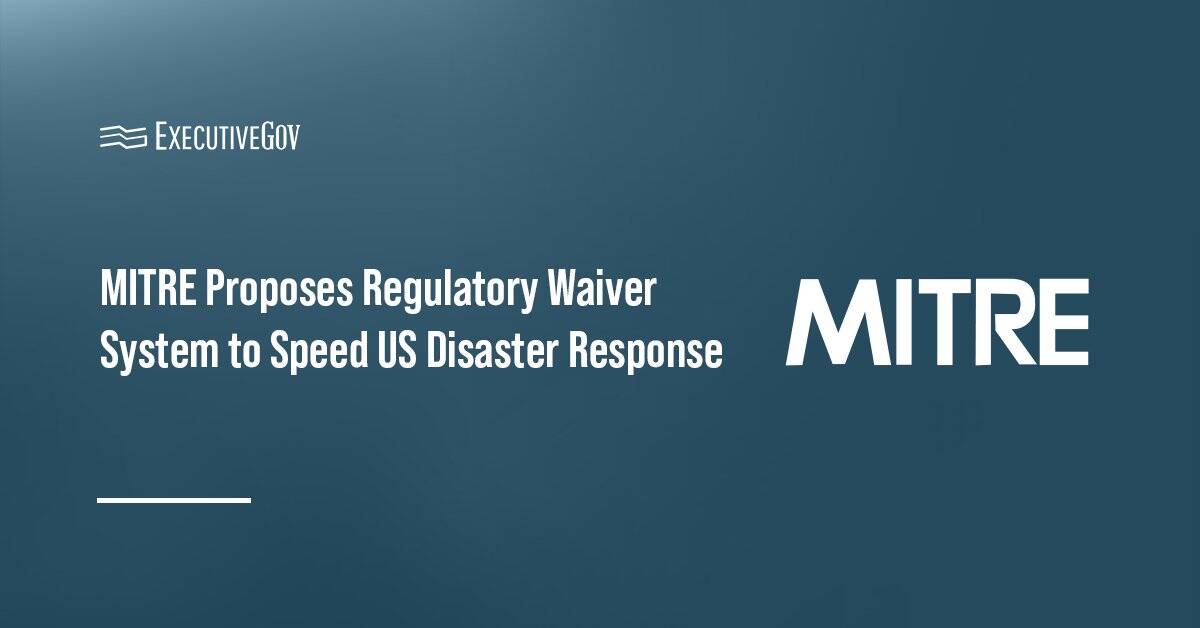Researchers at Pacific Northwest National Laboratory are developing software tools that incorporate artificial intelligence, machine learning and data analytics to accelerate the detection of potentially threatening nuclear materials.
The research team has received backing from the Department of Defense, the National Nuclear Security Administration and the Mathematics for Artificial Reasoning in Science Initiative to conduct several projects to help strengthen nuclear nonproliferation and safeguards, PNNL said Thursday.
In one of the projects, PNNL worked with Sandia National Laboratories to create an ML model capable of detecting data patterns that indicate the diversion of nuclear materials in a simulated reprocessing facility.
The study aligns with practices by the International Atomic Energy Agency to ensure that used fuel and other byproducts are not used to build atomic weapons, according to PNNL.
Another team of researchers is focused on simplifying nuclear materials research by employing ML and artificial reasoning. They designed a platform they called artificial judgement assistance from text, a sophisticated search engine that can retrieve evidence-supported documents to answer scientists’ questions specific to the domain.
“Preventing nuclear proliferation requires vigilance. It involves labor, from audits of nuclear materials to investigations into who is handling nuclear materials. Data analytics-driven techniques can be leveraged to make this easier,” said Benjamin Wilson, PNNL nonproliferation analyst and researcher for both projects.





